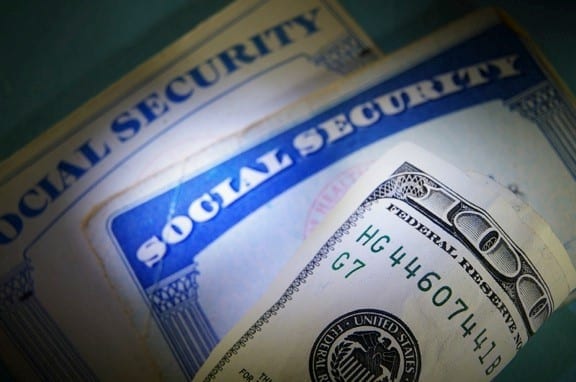6 White Collar Crimes and Their Penalties in Illinois
While they usually do not involve violence or serious bodily injury, white collar crimes are taken very seriously in Illinois and will often result in felony charges for the alleged offender.
Below we have briefly defined a few common white collar crimes that we see in Illinois, and the charges you may face for committing them. For more information on the penalties for different levels of felony charges, click here.
Theft: Any act of obtaining goods or services from someone else without their authorization is considered theft. Theft is a broad term, and can include acts like shoplifting (retail theft), robbery, burglary, and so on. Theft of just $300 is considered a felony in Illinois, and like many of the offenses we will describe below, the more goods or property you steal, the more serious your charge will be.
Identity Theft: This is a buzzworthy crime these days because of how easy it can be for someone to get ahold of your personal information. Identity theft is the unauthorized use of that information (name, address, social security number, license number, and so on) with the intention of fraudulently gaining goods and services, or to commit another felony.

Identity theft can be a precursor to a long list of white collar crimes, so its penalties have a wide range and primarily depend on different aggravating factors and the value of the goods that were obtained through the identity theft. The most “minor” identity theft (involving money or property valued at less than $300) is charged as a class 4 felony.
That’s right. You can face felony charges for taking less than $300 worth of property through identity theft.
If the property involved is valued between $300 and $10,000, it’s a class 3 felony – and the charges just go up from there. It only takes $100,000 worth of property or goods stolen through identity theft to elicit class X felony charges.
Credit Card Fraud: While you can be charged with fraud for unauthorized action with the intention of gaining goods and services, the most common form of fraud is credit card fraud. There are many ways use a credit card to commit fraud or identity theft. The most common method is using a stolen card to make unauthorized purchases. However, credit card theft can become more complicated (and involve far higher amounts) if more than one person is involved, such as in a large credit card fraud ring.

Committing credit card fraud can get you charged with a few different crimes, each with their own penalties:
- Use of a counterfeit, forged, expired, or unissued credit/debit card to gain at least $300 in a six-month period – Class 3 felony
- Use of a credit/debit card with intent to defraud – Class A misdemeanor
- Other forms of credit card fraud – Class 4 felony
Other types of fraud in Illinois include ATM fraud, wire or mail fraud, insurance fraud, and healthcare fraud.
Forgery: Forgery is changing or creating any document with the intention of defrauding another. This could range from signing a check under someone else’s name to using someone else’s PIN code.
Forgery of an academic degree or coin is a class A misdemeanor, and forgery that involves only one UPC label is a class 4 felony, but all other charges of forgery are class 3 felonies in Illinois.
Embezzlement: Embezzlement is an especially serious crime because it involves a person in a position of trust. It is the act of unlawfully obtaining goods or assets through the position of trust. For example, a fire chief steals money from the fire department for personal gain, or a school administrator exploits the district’s funds.
If you are charged with embezzling less than $500 worth of money or property and it is your first theft-related charge, you will be hit with a fine of $2,500 and may face up to one year in prison. If you have been convicted on theft-related charges before, you will be faced with Class 4 felony charges.
Embezzlement also depends on the money and property stolen: between $500 and $10,000 is a class 4 felony; $10,000-$100,000 is a class 3 felony; $100,000-$500,000 is a class 2 felony; $500,000-$1,000,000 is a class 1 felony; and embezzling more than $1,000,000 is a class X felony.
Bribery: Bribery is intending to influence the decisions or actions of public employees, judges, jurors, or witnesses through the promise of goods that the recipient cannot accept. Bribery is a class 2 felony in Illinois.
As you can see, it doesn’t take too much for a white collar crime to be considered a felony. And since many of these crimes are similar, you are more likely to face counts of not just one white collar crime, but two, three, or more. If you have been accused of any white collar crime, get in contact with an Illinois criminal defense lawyer today.
About the Author:
Andrew M. Weisberg is a former felony prosecutor who now serves as a defense attorney in the greater Chicago area. He has extensive experience in handling all types of criminal cases, from sex offenses and domestic violence to retail theft-related crimes, Murder, and drug crimes.







 Blog Home
Blog Home 










